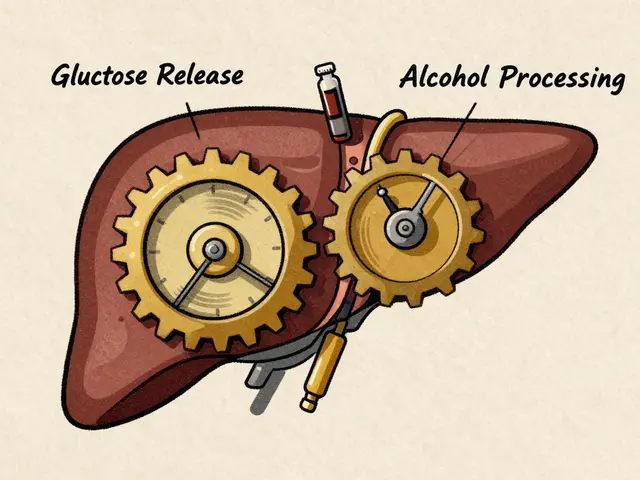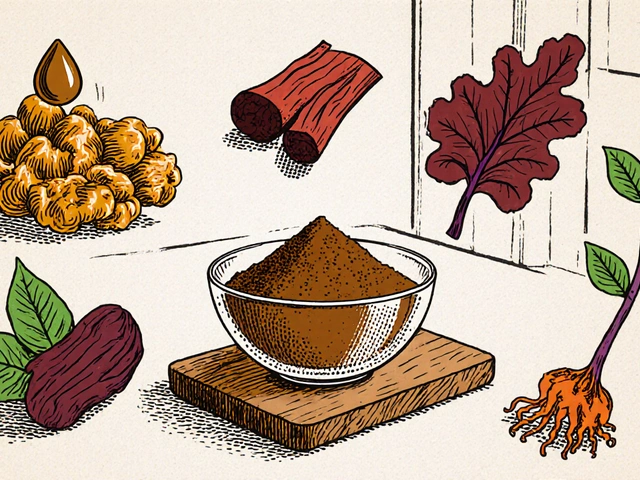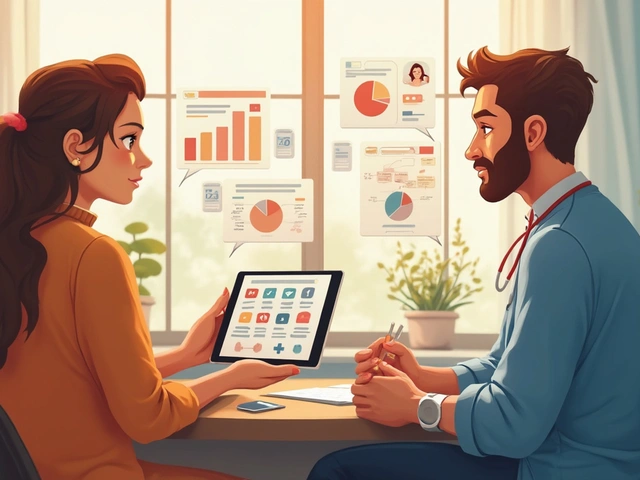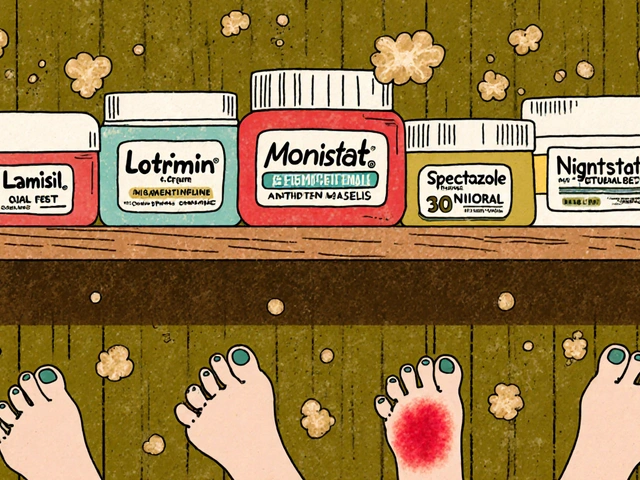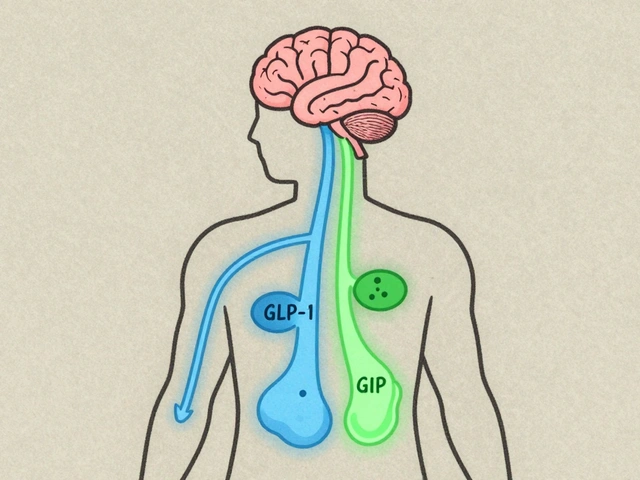Acne treatment: proven tips, meds, and safe care
Acne is annoying and can hit anyone. Some people get a few pimples; others deal with painful cysts and scars. You don’t need miracle products—just the right routine and safe choices. This page gives clear, practical steps and the most-used medicines so you can act fast and wisely.
Top proven treatments you can try
Start with gentle skincare: wash your face twice a day with a mild cleanser, pat dry, and use a non-comedogenic moisturizer. Over-washing or harsh scrubs make acne worse.
Benzoyl peroxide (2.5–10%) kills acne bacteria and reduces inflammation. Use it once daily at first to avoid irritation. Salicylic acid helps unclog pores and works well for blackheads and whiteheads.
Topical retinoids (adapalene, tretinoin) speed cell turnover and stop new pimples forming. They can irritate at the start—use every other night and build up.
For moderate inflammatory acne, dermatologists often add topical antibiotics (clindamycin) or short courses of oral antibiotics (doxycycline). Be careful: long antibiotic use raises resistance risks. Combine antibiotics with benzoyl peroxide to lower that risk.
Hormonal options help many people with breakouts tied to cycles. Combined birth control pills and spironolactone reduce oil production. These need prescription and medical follow-up.
Severe nodular or cystic acne may need isotretinoin. It works extremely well but has serious side effects, including birth defects, so strict monitoring and pregnancy prevention are required.
Safe use, quick wins, and when to see a doctor
Patch-test new products and introduce one at a time so you can spot irritation. Use sunscreen daily—some acne meds increase sun sensitivity. Avoid mixing too many active products; irritation often looks like worsening acne.
If you have painful cysts, quick-spreading red bumps, or scarring, see a dermatologist. Also consult a doctor if OTC steps fail after 8–12 weeks. A pro can prescribe stronger treatments and offer procedures like cortisone injections, chemical peels, or lasers for scarring.
Be cautious about buying antibiotics or isotretinoin online without a prescription. Incorrect dosing, counterfeit drugs, and lack of monitoring can harm you. If cost or access is an issue, ask a clinic about generics or patient assistance programs.
Small lifestyle changes help: avoid heavy makeup, choose oil-free products, manage stress, and try a lower-glycemic diet if you notice food-related flares. Sleep and hydration matter, but they won’t replace medical treatment for moderate or severe acne.
Want tailored advice? A short chat with a dermatologist or primary care doctor can save months of trial and error and cut down the risk of scars. Acne is common, treatable, and you don’t have to guess your way through it.

- May 23, 2025
- Posted by Cillian Osterfield
Accutane: Everything You Need to Know About Results, Side Effects, and Real Stories
Accutane, a strong acne treatment, often sparks curiosity and concern. This article breaks down how it works, what to expect, side effects, and tips for getting through a course. Real stories, practical advice, stats, and all the info anyone needs before starting or during Accutane—delivered in a straightforward, human way.
Categories
- Health and Wellness (72)
- Medications (69)
- Health and Medicine (28)
- Pharmacy Services (12)
- Mental Health (9)
- Health and Career (2)
- Medical Research (2)
- Business and Finance (2)
- Health Information (2)
Latest Posts
©2026 heydoctor.su. All rights reserved

